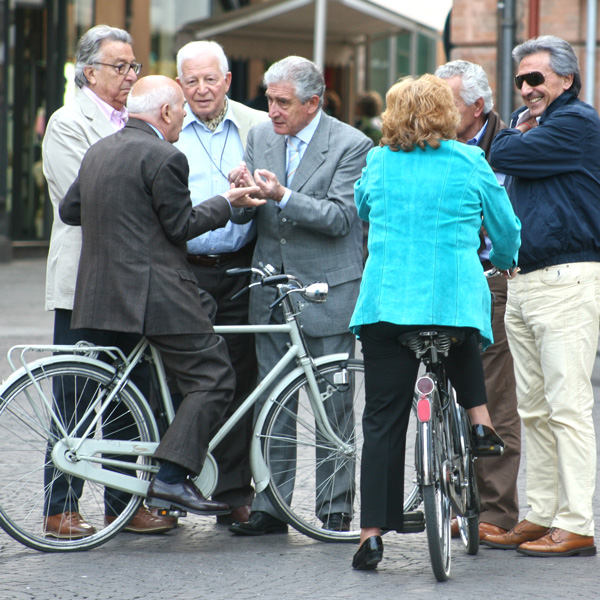What’s the problem?

Commuters in Auckland
The Americans invented suburban zoning, intentionally separating home from work, school, shops & recreation; connecting them with paved roads. They did it to stimulate the US economy by making cars, pumping oil and creating domestic jobs.
New Zealand copied it. Indeed today, New Zealand is still emulating the 1980’s Los Angeles model where no matter how many roads and motorways are built congestion soon follows. In NZ vehicles and petroleum are the top two imports. We have to sell milk to pay for it.
The problem of congestion will not be solved by shifting to electric vehicles. And thinking electric vehicles are the silver bullet to solve environmental degradation is delusional. Electric vehicles require a massive mining and manufacturing system to extract raw materials from the earth, refine them into useable products, and at end of life require expensive and complicated processes to avoid dumping in landfills.
Further, scientists say that a major solar storm could knock out sensitive electronics bringing New Zealand’s transport and its economy to a grinding halt. Look at what a simple virus has done to jobs, businesses and whole industries. A virus the scientists warned about but the planners ignored.
Shifting civilization to a transport-based society was a radical experiment that has gone horribly wrong. It’s time to pivot away.
How a Market Town solves it

Commuters in a car-free town in Italy
Move destinations not people. In zoning jargon it’s called mixed use.
- Create an urban core with all day-to-day destinations within it
- Eliminate cars, trucks and buses in the urban core
- People walk, ride bicycles or use small-size electric vehicles
It’s that simple.
Don’t take away peoples’ cars. Eliminate the need to use them. Build a motorpool where every resident can bring their cars if they want. But also provide a town-owned rental fleet so any resident can rent any type of vehicle they need to travel outbound and back. Many will find they don’t need to own a car that just gathers dust.
Take measures to discourage outbound commuters. This can include access charges, a small number of required permits or peer pressure may prove to be sufficient. It will be important to limit outbound commuters in order to show the host council that the Market Town is not adding to road congestion on the surrounding roads.
The motorpool includes a freight depot so goods come in a few large tractor trailer trucks, not hundreds of courier vans and then offload (contactless) to small, local electric delivery vehicles.
To address both congestion and environmental damage, opt out. Avoid rather than mitigate. It might even qualify for carbon credits.